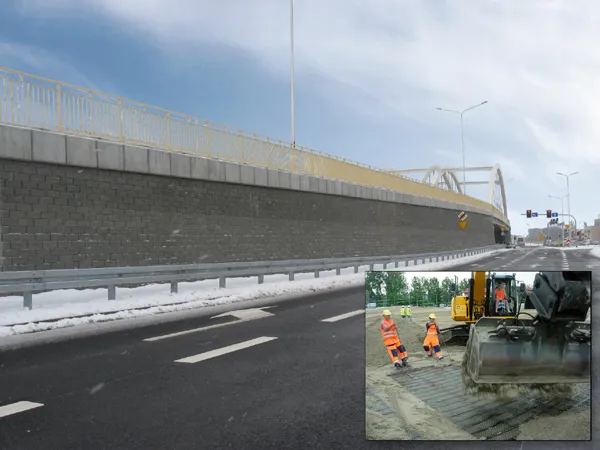A US$4 billion bypass contract has been signed in Hong Kong. The deal for the Central-Wan Chai Bypass project has been agreed by the Hong Kong Highways Department with the joint venture Chun Wo-CRGL-MBEC.
February 10, 2012
Read time: 1 min
A US$4 billion bypass contract has been signed in Hong Kong. The deal for the Central-Wan Chai Bypass project has been agreed by the 1338 Hong Kong Highways Department with the joint venture 5717 Chun Wo Holdings, 2550 CRGL and MBEC. The contract is for the construction of a 300m tunnel in North Point as well as an approach road to the tunnel and a realignment of the section of the Island Eastern Corridor between Hing Fat Street and Po Leung Kuk Yu Lee Mo Fan Memorial School. The deal also includes changes to the junction of Victoria Park Road and Hing Fat Street and demolition of the Rumsey Street Flyover eastbound down ramp in Central. Other general work included covers landscaping, the installation of noise barriers and new drainage. The construction work is expected to take seven years to complete.









